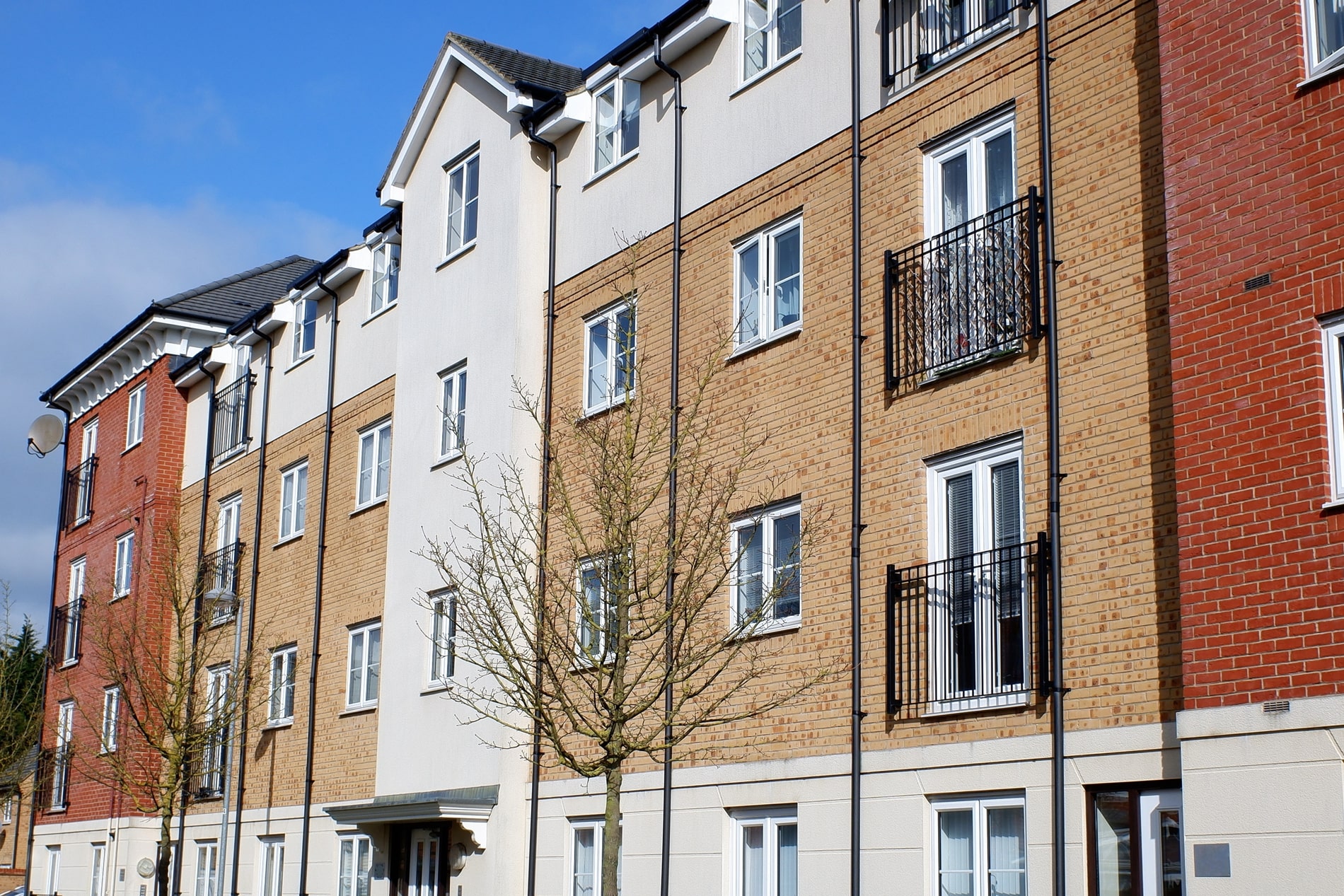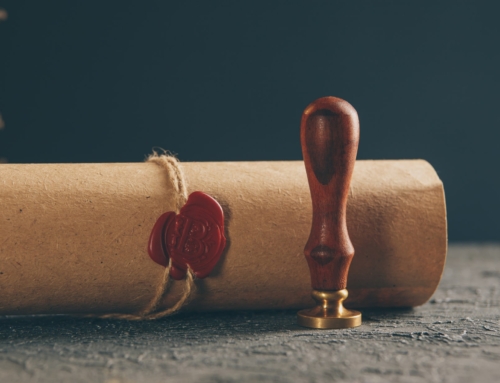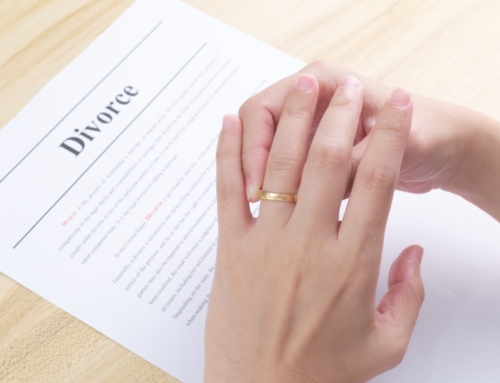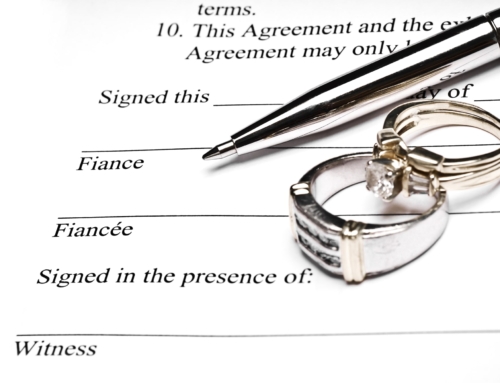While divorce is challenging, it is important to consider practical arrangements for the separation. One of the most significant issues we see raised is what will happen to property and assets, especially if you live together in one house.
In the UK, divorce law aims for fair and equitable asset division, and the final outcome will depend on your circumstances and the different factors involved, such as child living arrangements and financial considerations.
Here is an insight into what to expect when it comes to divorce and property matters.

What happens to property and assets during a divorce?
When planning a divorce, property and assets should always be discussed as part of the settlement process, including the family home, savings, investments and any other jointly owned property.
Many couples will come to an agreement when discussing the division of assets, but the financial needs of both parties, contributions to the marriage and the welfare of any children involved must be looked at.
If you come to a settlement agreement, it will outline how property and assets will be divided, potentially giving more flexibility to both parties. For example, one party may agree to buy the other’s share in the property, or the house will be sold with a plan to split the proceeds.
If an agreement cannot be reached, the court will make a fair and just decision based on the circumstances of the case and the length of the marriage.
Can you stay in your house after a divorce?
Whether you can stay in your house after a divorce depends on the situation, including your finances and the needs of any children. If you jointly own your home, decisions about its future can be more complex.
If you can afford to maintain the property on your own, you may be able to stay in the house. However, this often involves buying out your spouse’s share of the property or negotiating a settlement that allows you to keep the home.
If you have primary custody of any children, the court may prioritise their stability and well-being. In some cases, this may mean allowing one parent to remain in the family home until the children leave, at which point the property can be sold and proceeds divided.
Prenuptial or postnuptial agreements may also outline specific arrangements for the family home in the event of a divorce.
Are you entitled to 50% of your house in a divorce?
In the UK, the law does not apply an automatic 50/50 split, although this is often what couples agree to.
The division of assets, including the family home, should take into account factors such as contributions made, property ownership structures and the financial needs of both parties, including their ability to secure alternative housing and maintain their standard of living.
If children are involved, their welfare and stability are prioritised, so a court may consider the impact of selling the family home on their well-being.
Get expert legal advice from a family lawyer
Do you want to protect your rights during a divorce? Get in touch with Bellwether Solicitors for more advice. We provided services in Cheam, Kingston and surrounding locations, including Richmond-upon-Thames and Surbiton.
To arrange a consultation, contact us.







